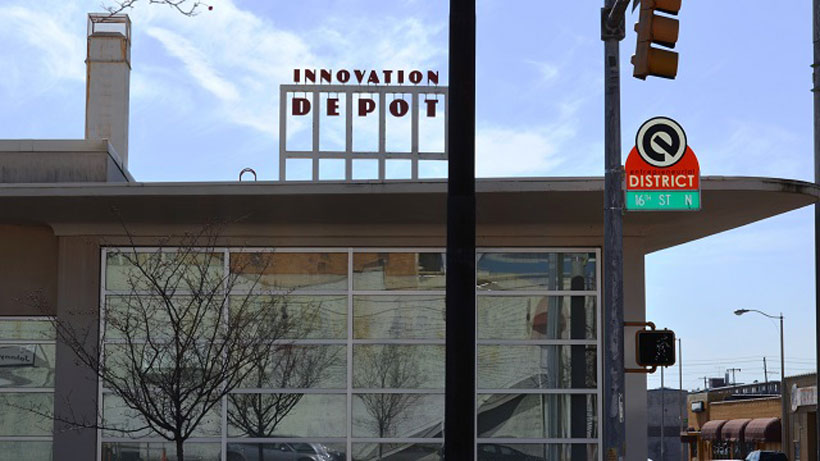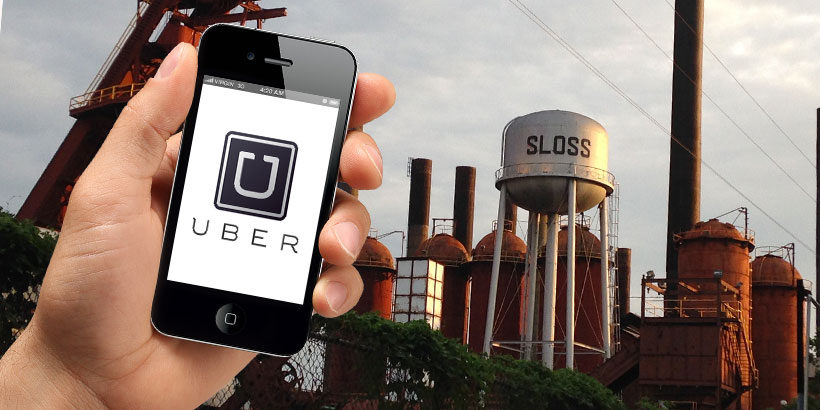An open letter to the Birmingham City Council by Samford economics professor Art Carden
Dear Birmingham City Council,
I received an email from Uber saying that you will effectively decide their fate during Tuesday morning’s meeting. You will essentially decide whether you wish to embrace the 21st century or instead shackle innovators like Uber and Lyft. These companies have addressed your concerns about safety because first and foremost they have valuable brand names to protect. Uber’s rating system, for example, provides a degree of transparency that is currently lacking in the Birmingham transportation market.
It would be a mistake to block Uber’s products because of concerns that a bad apple or two might slip through their screening process. I readily acknowledge this possibility, but even if it happens we will be a safer city on net. There is some evidence to suggest that people who might otherwise drink and drive are opting to use Uber instead. It is too early to tell how large the effect is, but I would wager that by the time we have enough data for a systematic analysis, we will see that ride sharing companies like Uber and Lyft mean fewer drunk drivers and, therefore, safer streets.

Blocking Uber is also very bad economic development strategy. There is nothing magical about ride-sharing services per se, but the vote on Uber regulations is in a sense a referendum on whether Birmingham wishes to welcome or resist innovation. Instead of pursuing a dubious strategy like a domed stadium, Birmingham leaders should make way for innovators.
Restricting Uber will make it harder and more expensive to get around in Birmingham. This might benefit some special interests, but on net we will be worse off. If the concern is that taxi drivers and Uber drivers will be playing by different rules, then the best way to respond is to relax restrictions on taxi drivers. I recently explained the case for Uber in the pages of the Birmingham Business Journal“ here, and in this episode of the popular EconTalk podcast, economists Russell Roberts and Michael Munger discuss Uber, Lyft, and the “sharing economy” writ large.
I appreciate your concern for the safety of the people who live in the Birmingham area, but there are a lot of reasons to think services like Uber and Lyft will make the city a better place to live, work, and play. I encourage you to make the right decision and welcome innovators to Birmingham.
Kindest regards,
Art Carden
Assistant Professor of Economics
Brock School of Business, Samford University
(A version of this open letter originally appeared in Forbes)












